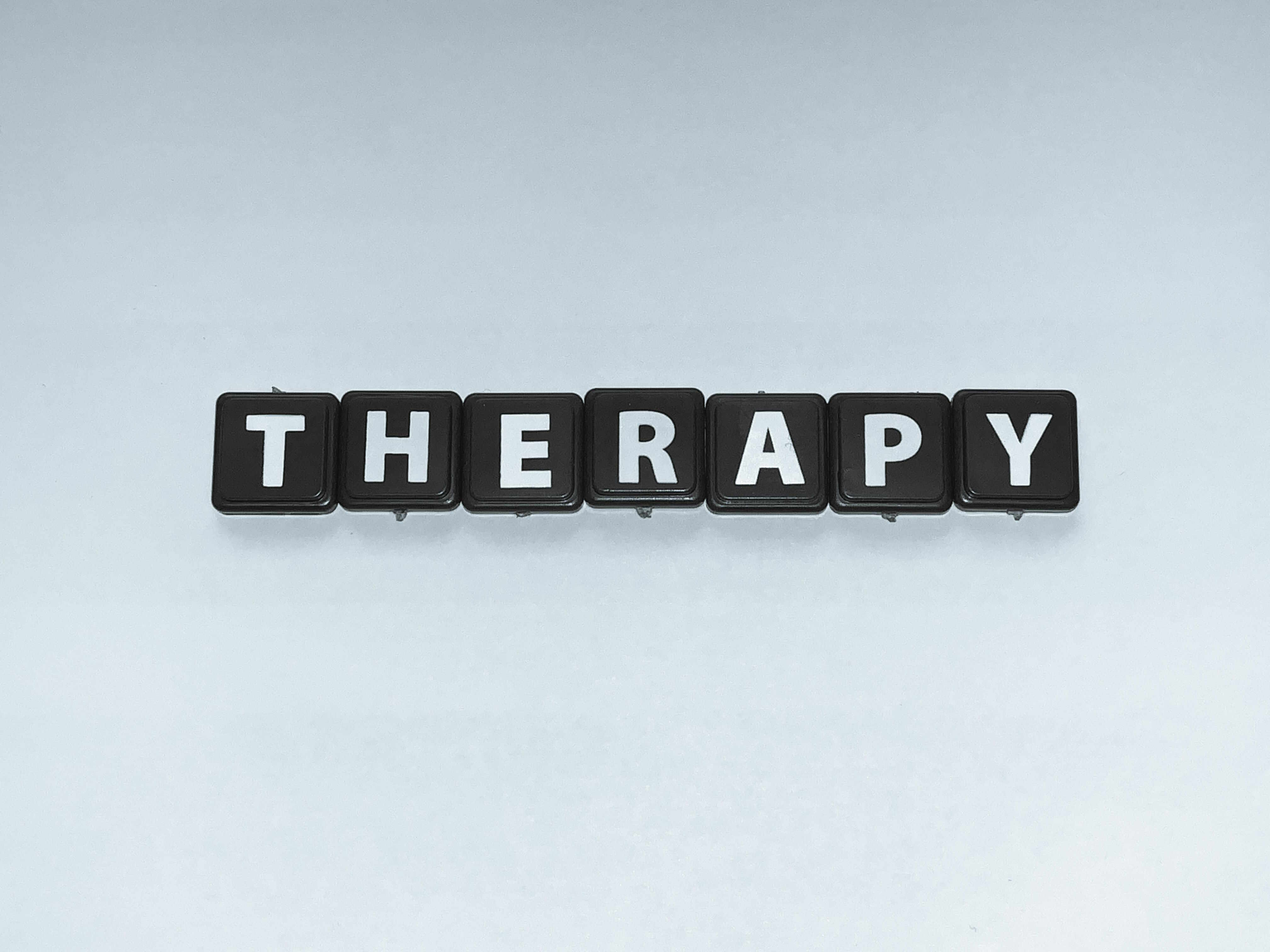Common Signs of Depression and Habit Tracking to Access Support Resources in the United States 2025
Depression affects millions in the United States and often shows subtle, overlooked changes. Understanding common symptoms and using habit tracking can empower people and caregivers to spot shifts early, improve management, and connect with support resources in 2025.

Identifying Typical Emotional Symptoms of Depression
Depression involves more than just feeling sad; it encompasses persistent emotional conditions that profoundly affect everyday life. The emotional symptoms commonly include:
- Ongoing sadness, emptiness, or hopelessness: These lasting emotions often characterize depression.
- Loss of interest or pleasure in activities (anhedonia): Things once enjoyable may no longer bring satisfaction.
- Irritability and mood fluctuations: Sudden changes in mood can lead to frustration or anger.
- Feelings of worthlessness or excessive guilt: Negative self-perceptions often cause significant distress.
- Low self-esteem: A reduced sense of self-worth is frequently experienced.
- In severe instances: Recurrent thoughts about death or suicide can arise and demand urgent attention.
Being aware of these emotional signs aids in early recognition of depression and prompts seeking suitable support.
Physical Symptoms That Could Indicate Depression
Depression is not only emotional—it often presents with physical effects as well. Noteworthy physical symptoms include:
- Fatigue and reduced energy: Routine activities may feel draining or overwhelming.
- Sleep problems: Difficulty sleeping (insomnia) or excessive sleep (hypersomnia) is common.
- Changes in appetite: Significant weight loss or gain due to altered eating habits.
- Unexplained bodily aches: Headaches, back pain, or digestive troubles may manifest without clear causes.
- Psychomotor changes: Movements may slow markedly (psychomotor retardation) or, conversely, show increased restlessness or agitation.
Monitoring these physical indicators along with emotional symptoms is crucial for a full understanding and proper treatment.
The Importance of Habit Tracking in Depression Management
Since depressive symptoms often vary over time, subtle shifts can signal improvement or deterioration. Tracking habits helps individuals and healthcare professionals to:
- Detect patterns and triggers: Understanding what affects symptom changes supports customized coping approaches.
- Monitor critical indicators: Keeping tabs on sleep, appetite, concentration, and energy levels sheds light on symptom trends.
- Guide treatment modifications: Ongoing data collection assists clinicians in adjusting care plans.
- Foster self-awareness: Habit tracking encourages proactive management and a better grasp of one’s mental health.
For instance, recording sleep disruptions or appetite shifts daily can uncover symptom severity or emerging concerns, prompting timely intervention.
Effective Tools for Tracking Habits and Symptoms
Mood Tracking Apps
Digital apps for mood tracking have proven valuable in dealing with depression. Popular tools in 2025 include Moodfit, MoodTools, Daylio, and eMoods. These applications offer features such as:
- Logging moods and habits: Users note daily mood changes, sleep quality, meals, medication adherence, and energy levels.
- Customizable goals and reminders: Tailored tracking encourages consistency and user engagement.
- Visual data summaries: Graphs and charts assist in recognizing patterns and facilitate discussions with healthcare providers.
- Thought tracking and therapeutic aids: Many apps incorporate cognitive-behavioral techniques and mindfulness practices.
While these digital aids are helpful, they complement rather than replace professional medical care.
Incorporating Tracking into Everyday Life
Developing a simple habit such as daily mood check-ins or journaling supports regular monitoring. Suggestions include:
- Scheduling specific times for entries to build routine.
- Concentrating on key aspects: mood, sleep, appetite, energy, and focus.
- Being candid and thorough to capture accurate information.
- Reviewing prior records periodically to notice shifts.
These habits enhance self-management and lead to more productive dialogues with mental health professionals.
Available Support Services in the United States
Alongside self-monitoring, various resources assist those coping with depression:
- Therapeutic treatments: Cognitive-behavioral therapy (CBT), interpersonal therapy, and teletherapy provide evidence-based care.
- Support networks: Online and face-to-face groups offer community and shared understanding.
- Mental health apps: Beyond mood trackers, apps like Headspace and Calm provide meditation and relaxation tools.
- Crisis support: The 988 Suicide & Crisis Lifeline offers immediate nationwide assistance.
- Health professionals: Psychiatrists, psychologists, and counselors deliver diagnoses, psychotherapy, medication management, and advanced interventions such as electroconvulsive therapy (ECT) or transcranial magnetic stimulation (TMS) for treatment-resistant depression.
Early detection, supported by symptom monitoring, often results in better treatment outcomes.
Lifestyle Changes That Support Treatment
Complementing professional care, lifestyle adjustments can considerably help in managing depression:
- Regular exercise: Physical activity can improve mood and energy.
- Consistent sleep routines with good hygiene: These stabilize sleep patterns.
- Nutritious, balanced meals: A healthy diet fosters brain health.
- Participation in meaningful activities: Engaging in enjoyable pursuits combats anhedonia.
- Reducing substance use: Avoiding alcohol and drugs lowers symptom worsening.
These modifications contribute to a well-rounded approach to mental wellness.
When to Seek Professional Assistance
If emotional and physical symptoms persist for two weeks or more, seeking professional help is advisable. Warning signs include:
- Worsening symptom severity.
- Difficulty functioning daily.
- Thoughts of self-injury or suicide.
Habit tracking can be instrumental in identifying these warning signs early and helps individuals provide precise information to healthcare providers.
Ongoing Studies and Future Trends in Depression Care
Research efforts in the United States continue to investigate genetic, biological, and environmental aspects of depression. Progress includes:
- Crafting personalized treatment plans based on detailed symptom tracking.
- Improving digital monitoring tools for greater accuracy.
- Expanding accessibility and efficacy of therapies, including telehealth options.
These innovations aim to optimize treatment and tailor care specifically to individual needs.
By becoming familiar with common depression symptoms and adopting habit tracking techniques, individuals can greatly enhance depression management and access to support in the United States. Such efforts not only improve personal well-being but also contribute to advancing public mental health as we move into 2025.
Sources
- National Institute of Mental Health (NIMH). Depression. https://www.nimh.nih.gov/health/topics/depression
- Verywell Mind. Best Mood Tracker Apps. https://www.verywellmind.com/best-mood-tracker-apps-5212922
This article is intended for informational purposes only and does not serve as medical advice. Readers should consult healthcare professionals for personalized diagnosis and treatment.




